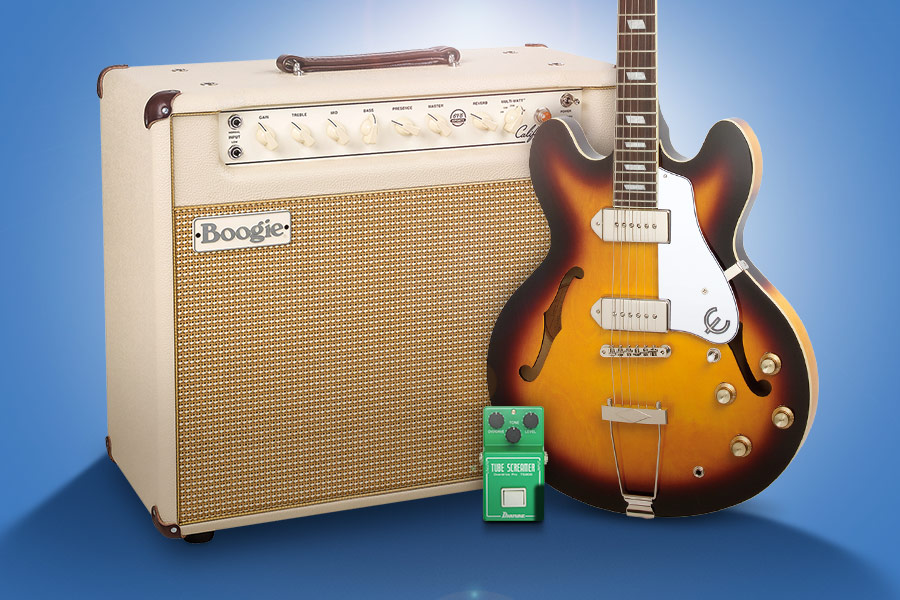
Music, with its enchanting melodies and captivating rhythms, music pix é golpe has been an integral part of human culture since the dawn of civilization. It transcends language barriers, unites communities, and evokes emotions that words alone often fail to express. From ancient tribal chants to modern-day symphonies, music has played a pivotal role in shaping societies and individuals alike.
Historical Significance
The history of music is as diverse as the cultures that have created it. In ancient times, music was often intertwined with religious ceremonies and rituals, believed to have the power to heal, communicate with the divine, and even influence natural phenomena. The Greeks, for example, believed that music had the ability to affect a person’s mood and character.
Cultural Diversity
Music is a reflection of the cultural diversity of the world. Each culture has its own unique musical traditions, instruments, and styles. From the rhythmic beats of African drums to the intricate melodies of Indian classical music, music offers a glimpse into the rich tapestry of human experience.
Emotional Expression
One of the most remarkable aspects of music is its ability to evoke a wide range of emotions. Whether it’s the joyous celebration of a wedding or the solemnity of a funeral procession, music has the power to amplify and express our deepest feelings in ways that words cannot.
Healing and Therapy
Music therapy is a field that harnesses the healing power of music to improve physical, emotional, cognitive, and social well-being. It has been used to help individuals cope with pain, reduce stress and anxiety, and improve communication skills. In hospitals, nursing homes, and rehabilitation centers around the world, music therapy is making a profound impact on the lives of patients.